
By Dr. Vivek G. Vasoya, MD (Homeopathic Psychiatrist & Psychotherapist)
Introduction
Human sexuality is not a fixed concept. It’s fluid, diverse, and deeply personal. In today’s rapidly evolving world, we are finally beginning to acknowledge the broad spectrum of sexual identities, orientations, and expressions. Yet, social stigma, cultural resistance, and misinformation still create barriers that affect mental health and emotional well-being.
As a psychiatrist and psychotherapist, I aim to bring a psychological lens to this crucial conversation—one rooted in science, empathy, and awareness.
Understanding Sexuality: Beyond Labels
Sexuality isn’t just about physical attraction or behavior. It encompasses identity, emotional connection, intimacy, desire, and how people relate to themselves and others. It’s shaped by biology, psychology, upbringing, culture, and life experiences.
Some key dimensions include:
Sexual orientation (e.g., heterosexual, homosexual, bisexual, asexual, pansexual)
Gender identity (e.g., cisgender, transgender, non-binary)
Sexual behavior (which may or may not align with identity or orientation)
Psychological comfort with one's sexual self
It’s crucial to understand that variation in sexuality is not pathology. It’s part of the natural human spectrum.
Psychological Impact of Social Conditioning
Many individuals grow up in environments where deviation from the “norm” is ridiculed or punished. This leads to:
Internalized shame
Suppressed identity
Anxiety, depression, and suicidal thoughts
Isolation and relationship difficulties
Therapeutically, I’ve seen how societal rejection can cause psychological trauma more damaging than the challenges of sexuality itself.
The mind doesn’t suffer because someone is gay, trans, or asexual. It suffers because they are made to feel they are wrong for being who they are.
Modern Challenges in a Conservative Framework
Despite legal reforms and increasing visibility of LGBTQIA+ individuals, cultural acceptance is lagging. Many still face:
Parental rejection
Forced marriages
Conversion attempts
Workplace discrimination
Lack of proper mental health support
From a therapeutic point of view, these experiences can lead to complex trauma, especially when individuals are forced to hide or deny their authentic selves.
The Role of Psychotherapy
Psychotherapy offers a safe space where people can explore their identity without judgment. It helps in:
Unpacking early conditioning and internalized beliefs
Managing anxiety, guilt, or fear related to sexual expression
Building self-esteem and resilience
Strengthening relationships and communication
Affirmative therapy, in particular, respects and validates diverse identities. It doesn’t aim to “fix” anyone but supports personal growth and healing.
Why Social Awareness Matters Now
In a world of increasing polarization, creating awareness about the varied expression of human sexuality isn’t optional—it’s essential.
Psychological well-being depends not only on personal insight but also on societal empathy.
We need:
Sex education that is inclusive and age-appropriate
Media representation that reflects diversity with dignity
Families and schools that support rather than shame
Mental health systems that are trained in gender and sexuality issues
This is not about promoting any "agenda." It’s about creating a society where no one has to suffer for being who they are.
Conclusion
Sexuality is not a problem to solve; it's a reality to understand. The more we recognize its complexity and normalize its diversity, the healthier our communities will be—mentally, emotionally, and socially.
Let us, as mental health professionals and members of society, lead with compassion, science, and respect.
By
Dr. Vivek G. Vasoya, MD
(Homeopathic Psychiatrist & Psychotherapist)


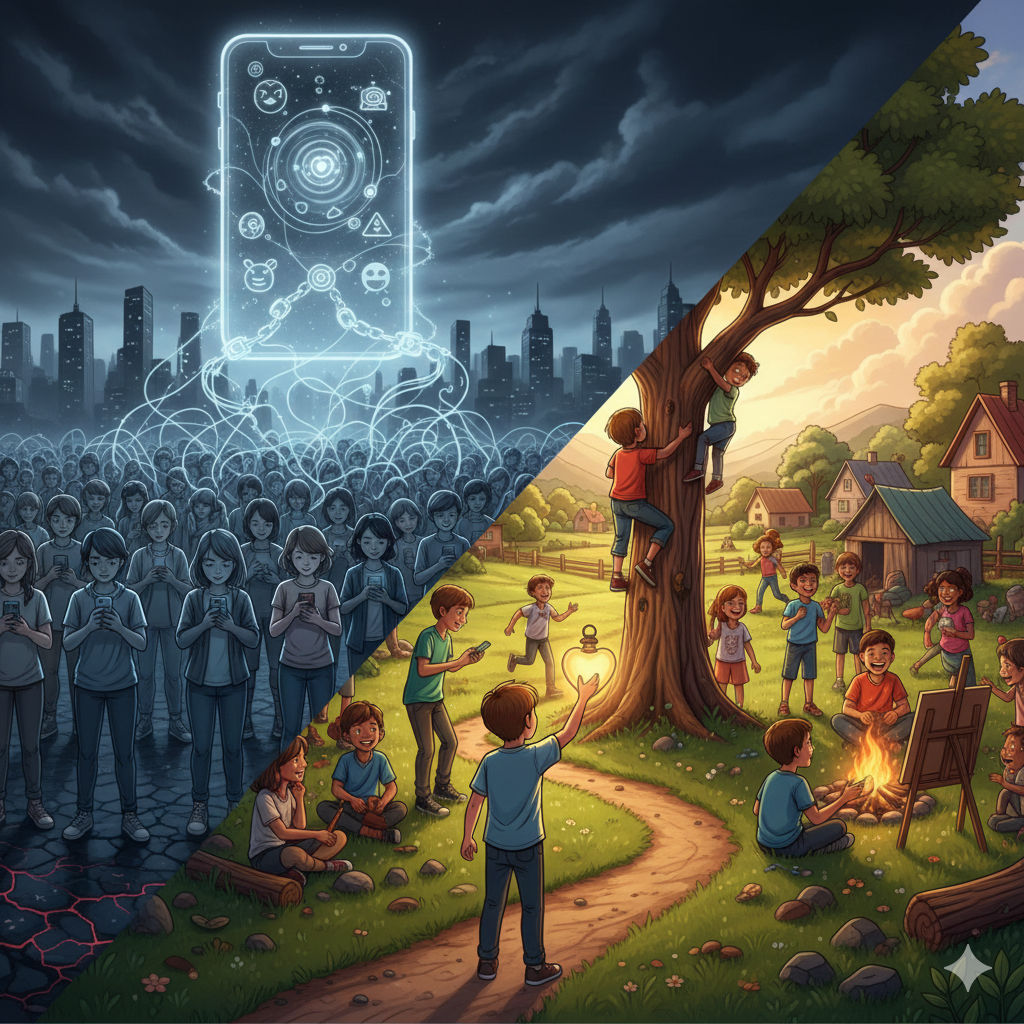
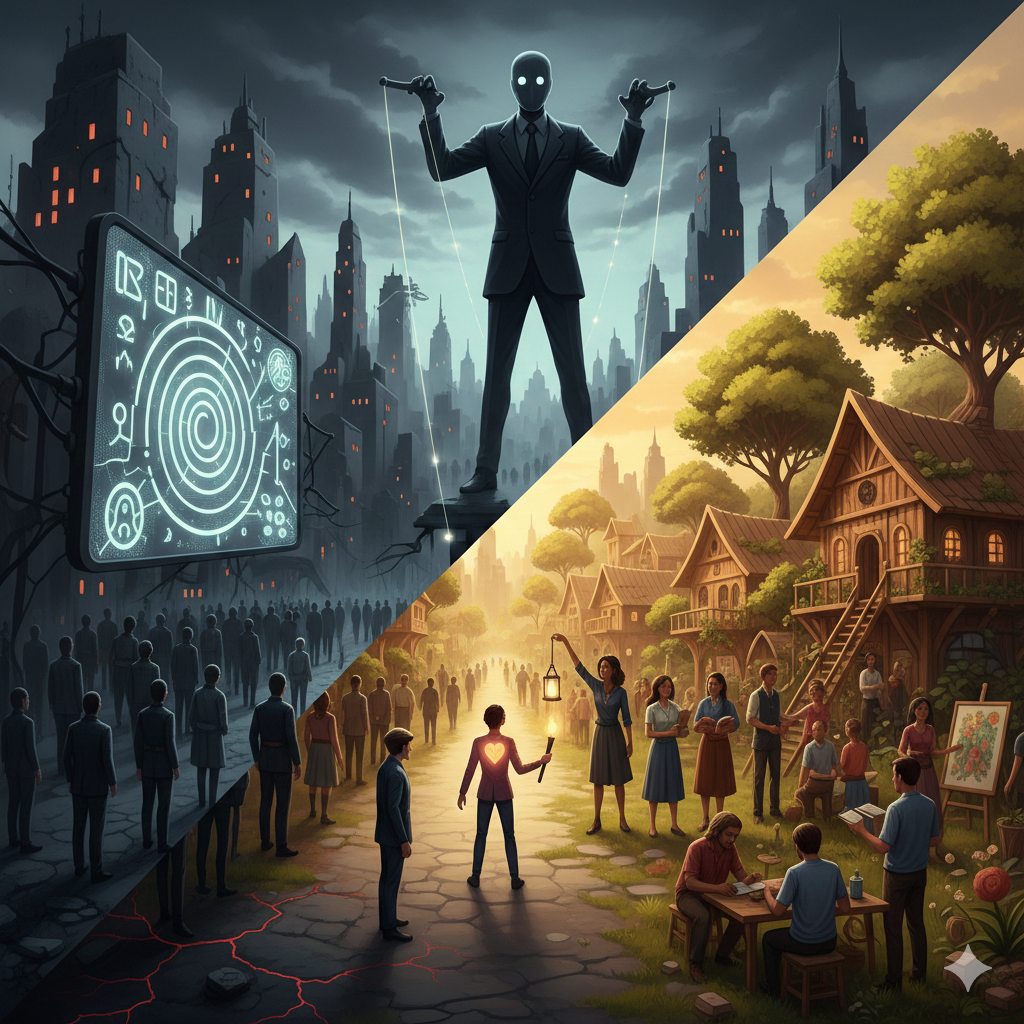

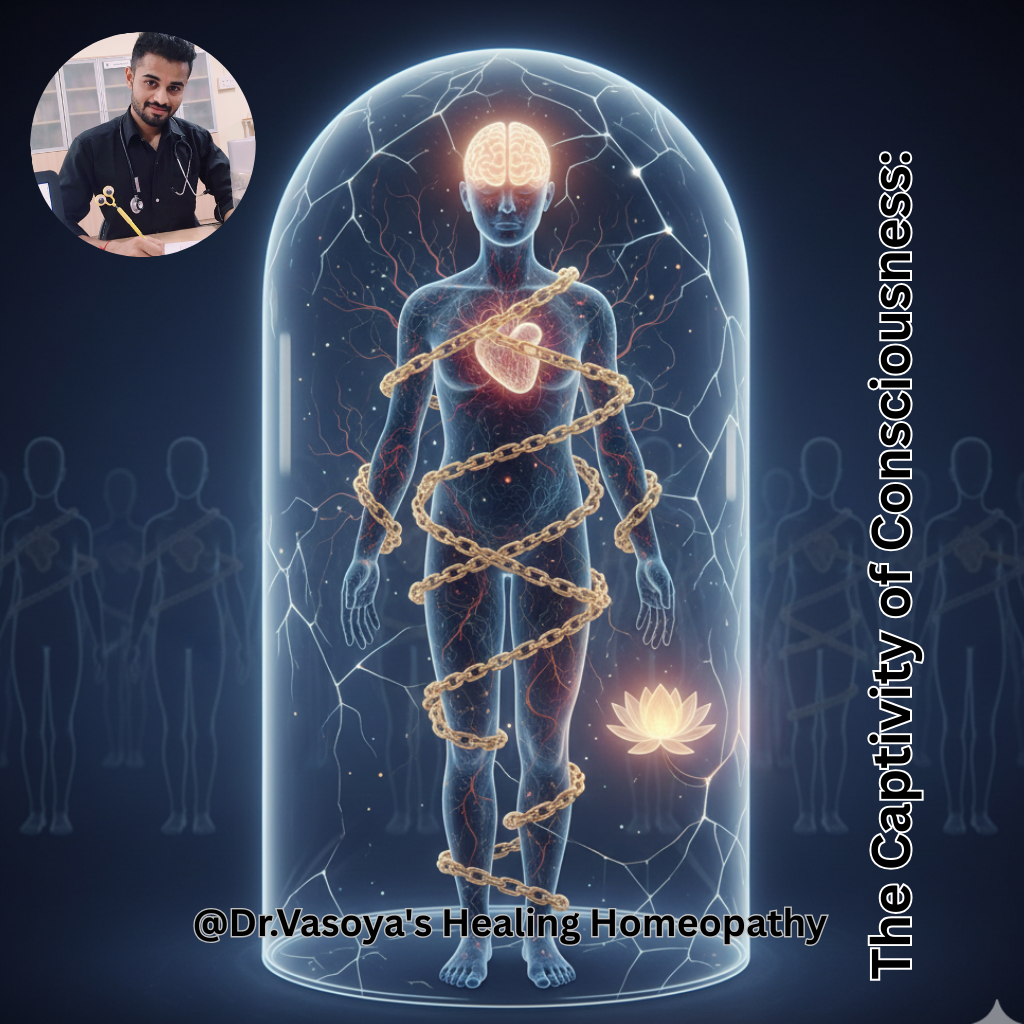
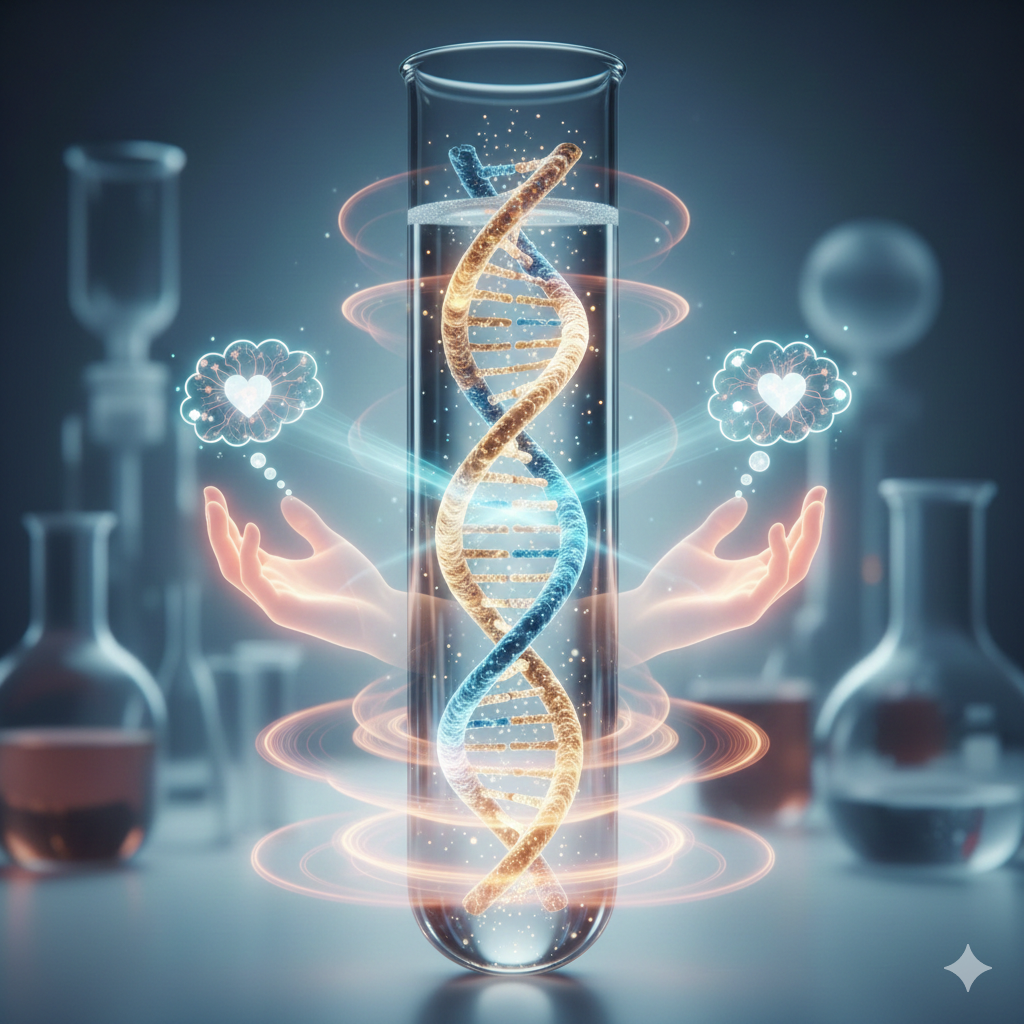
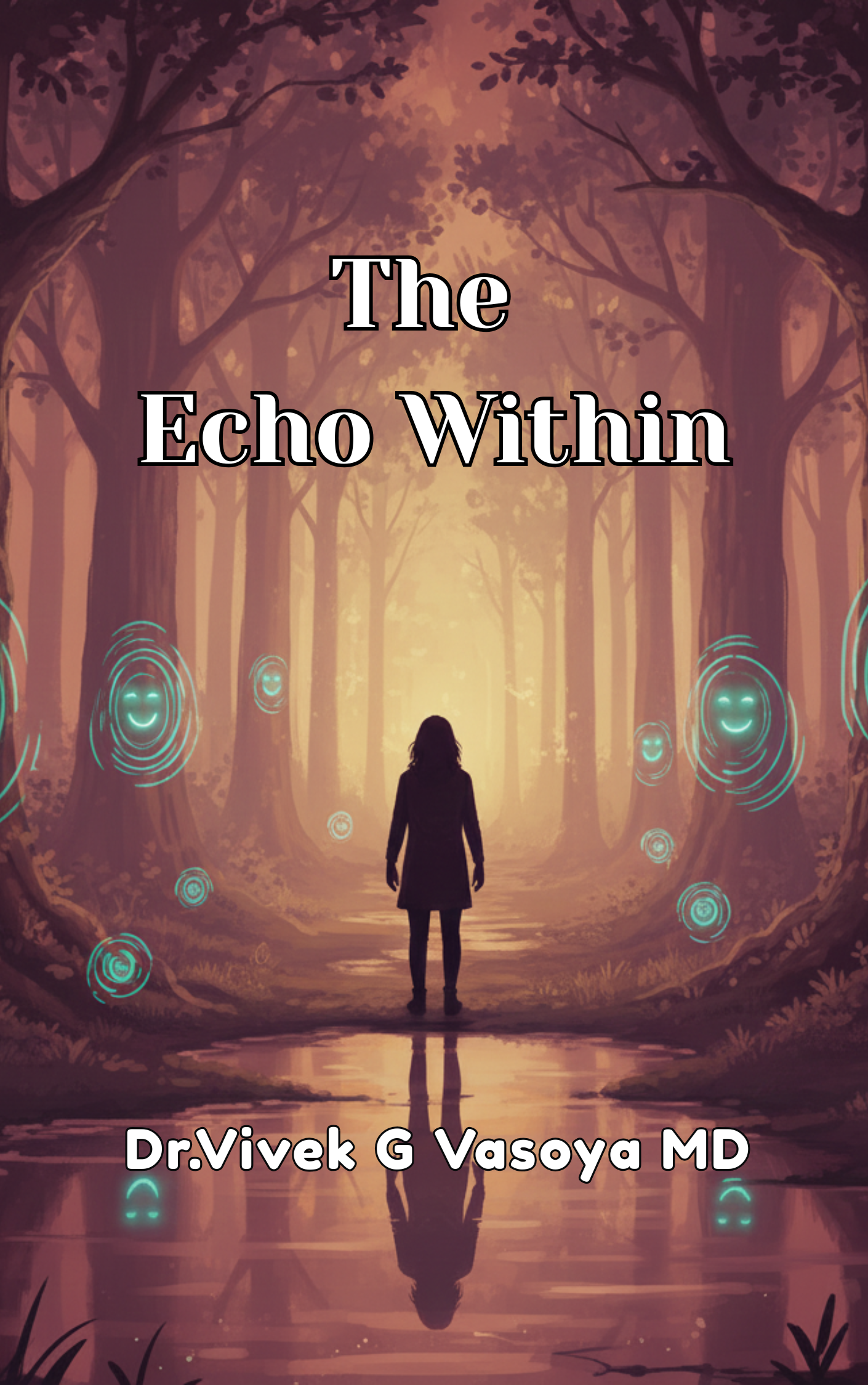

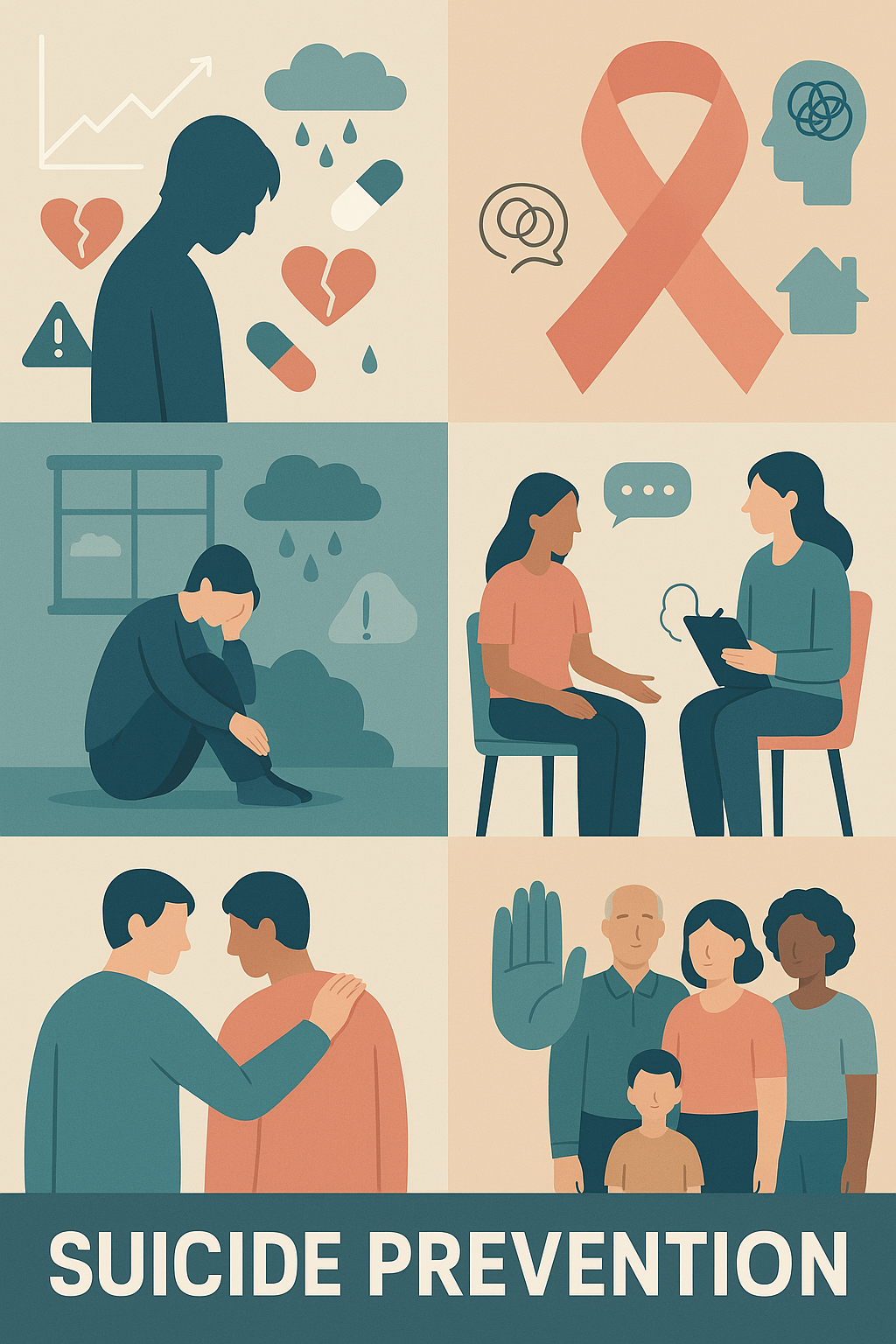
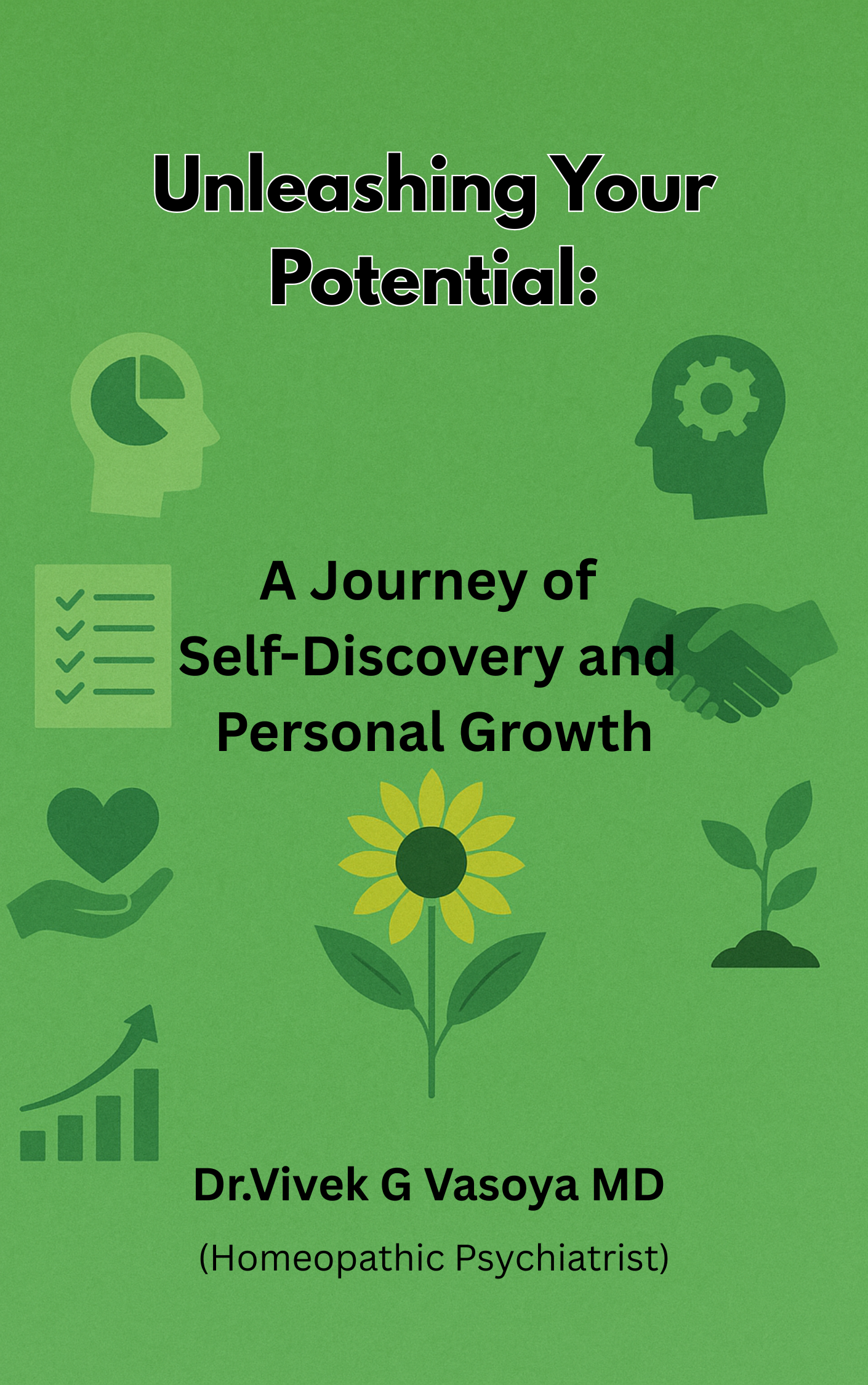
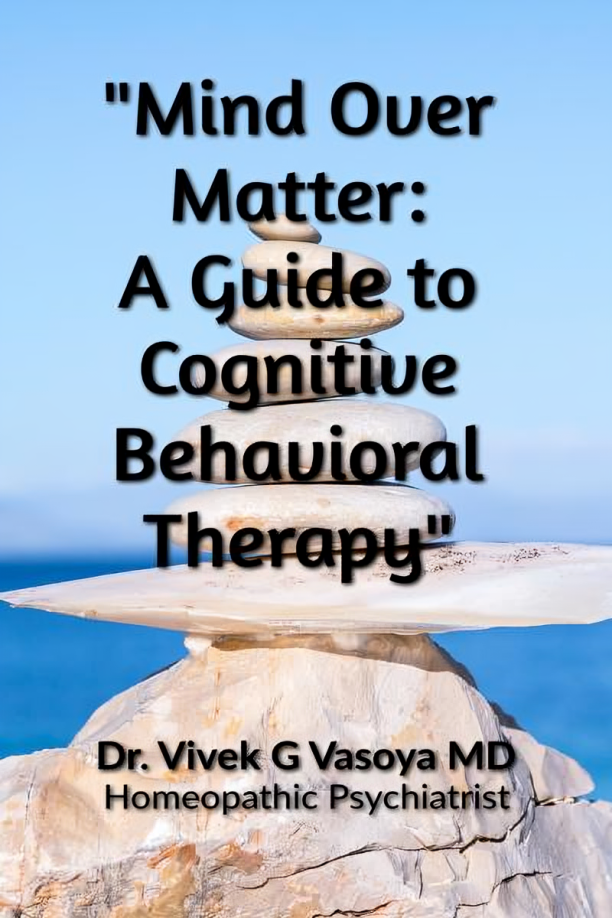
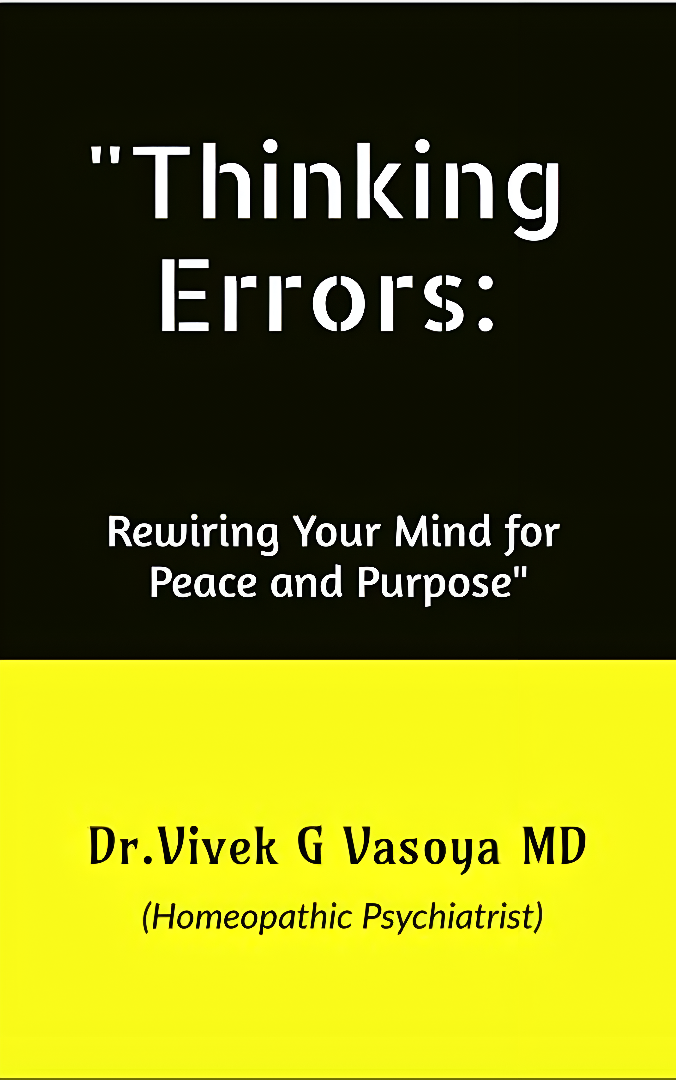
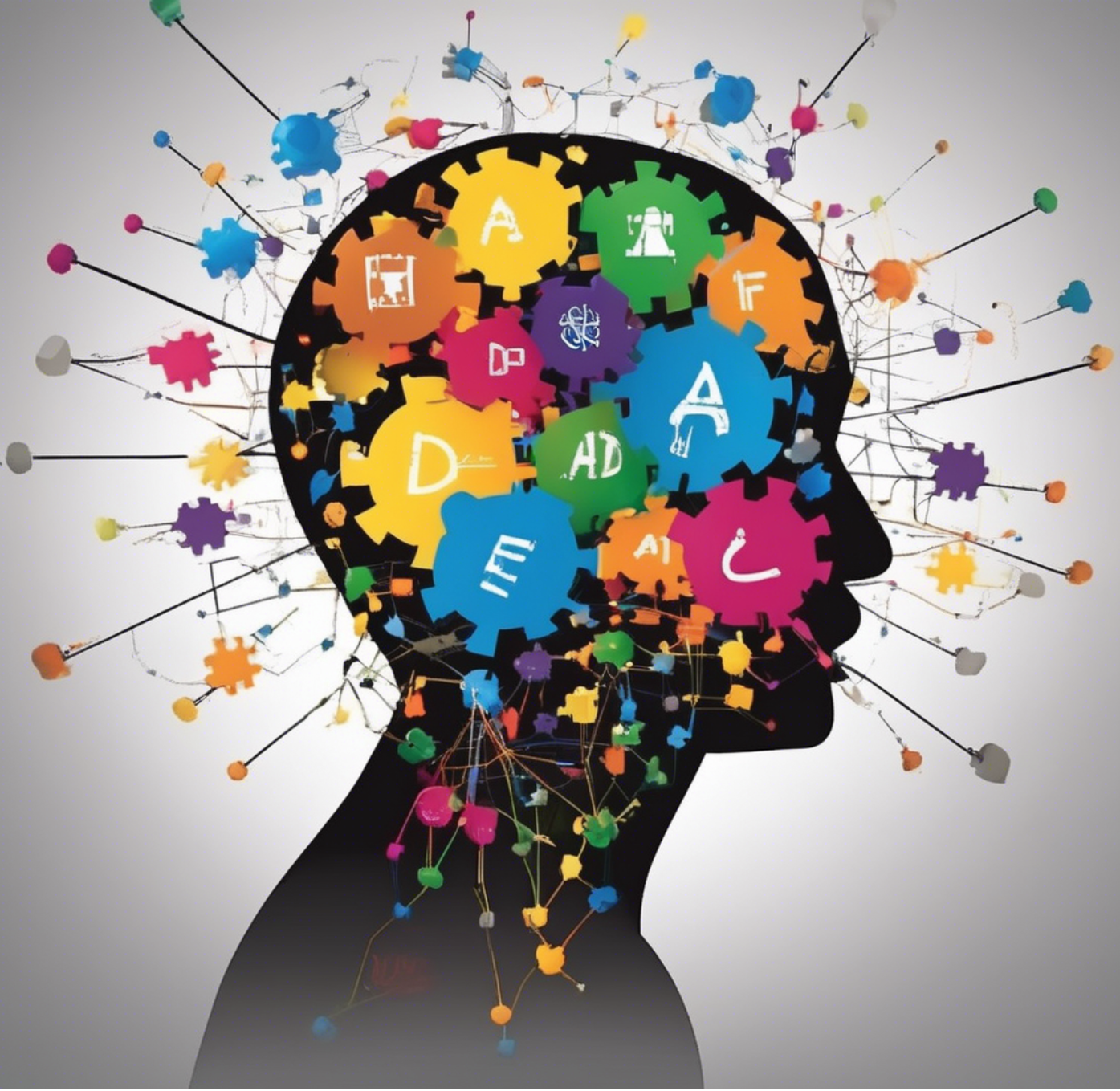
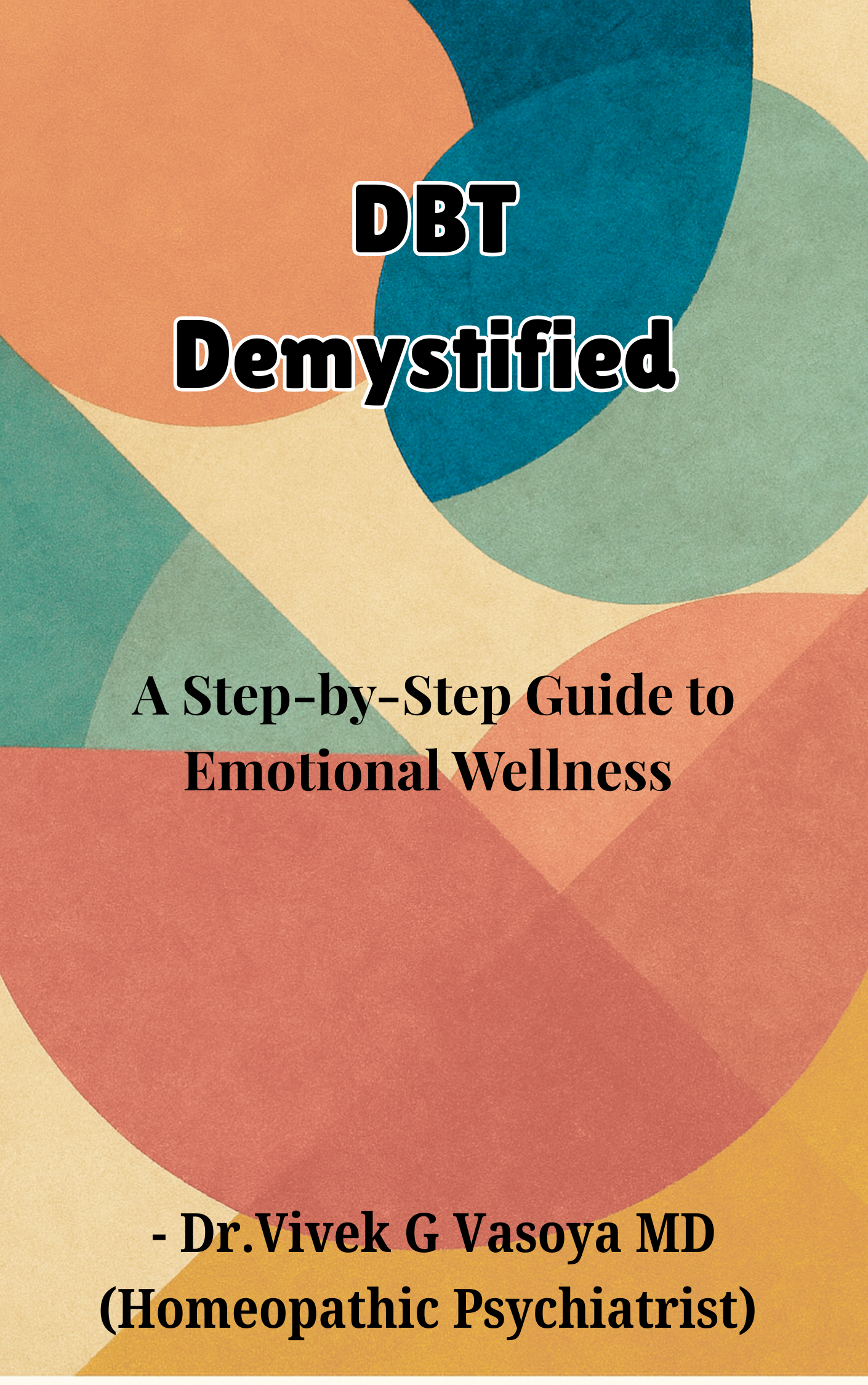
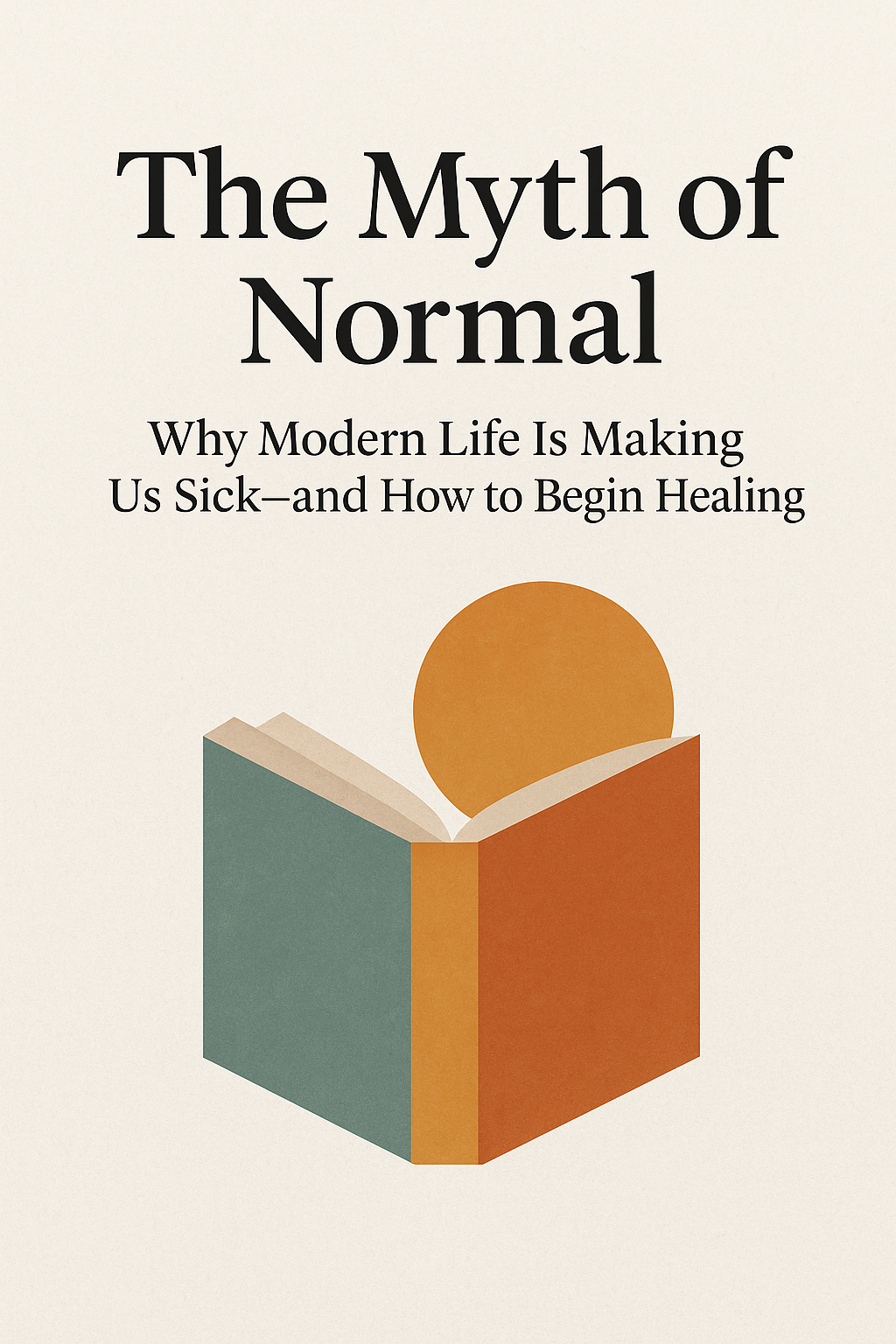
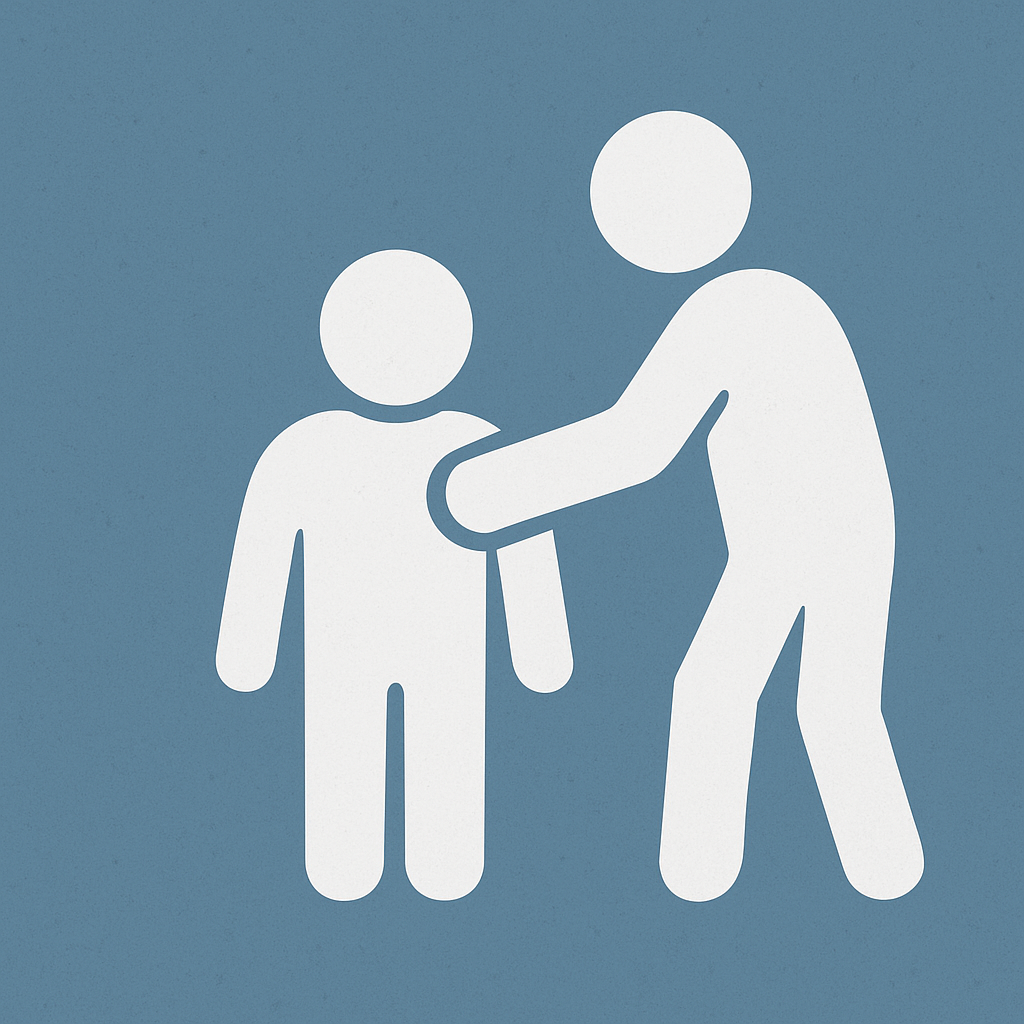
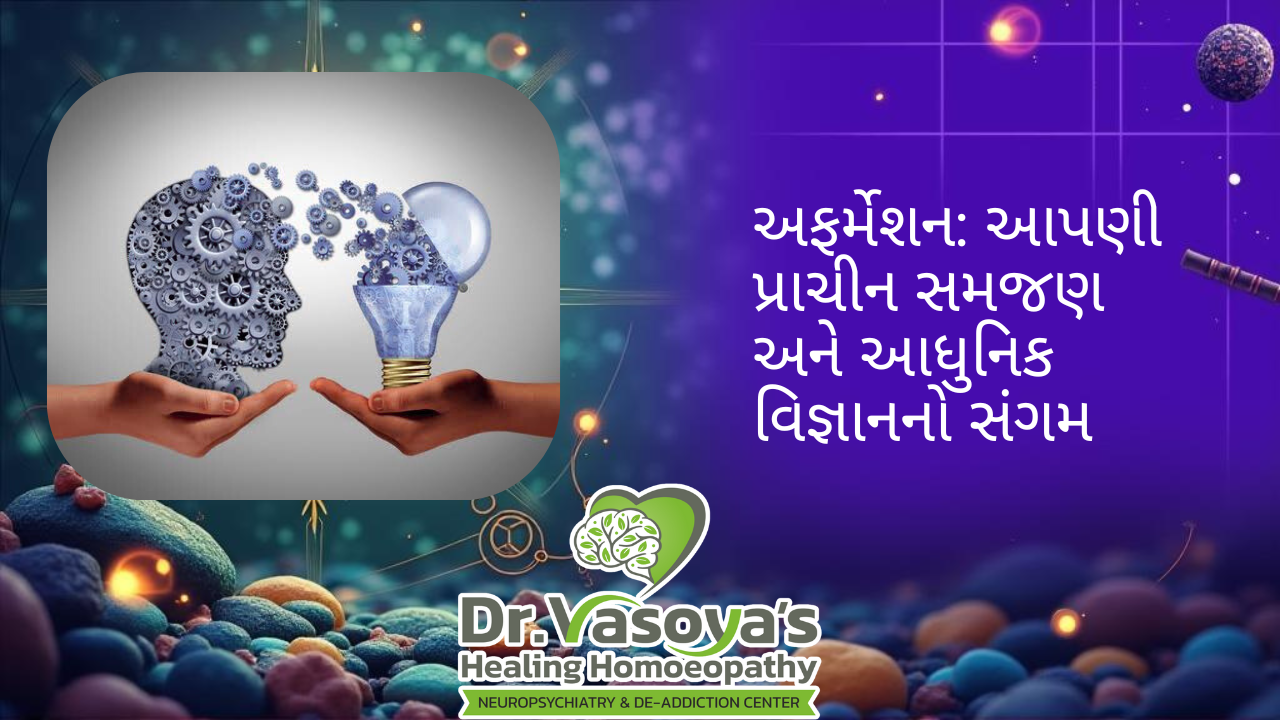
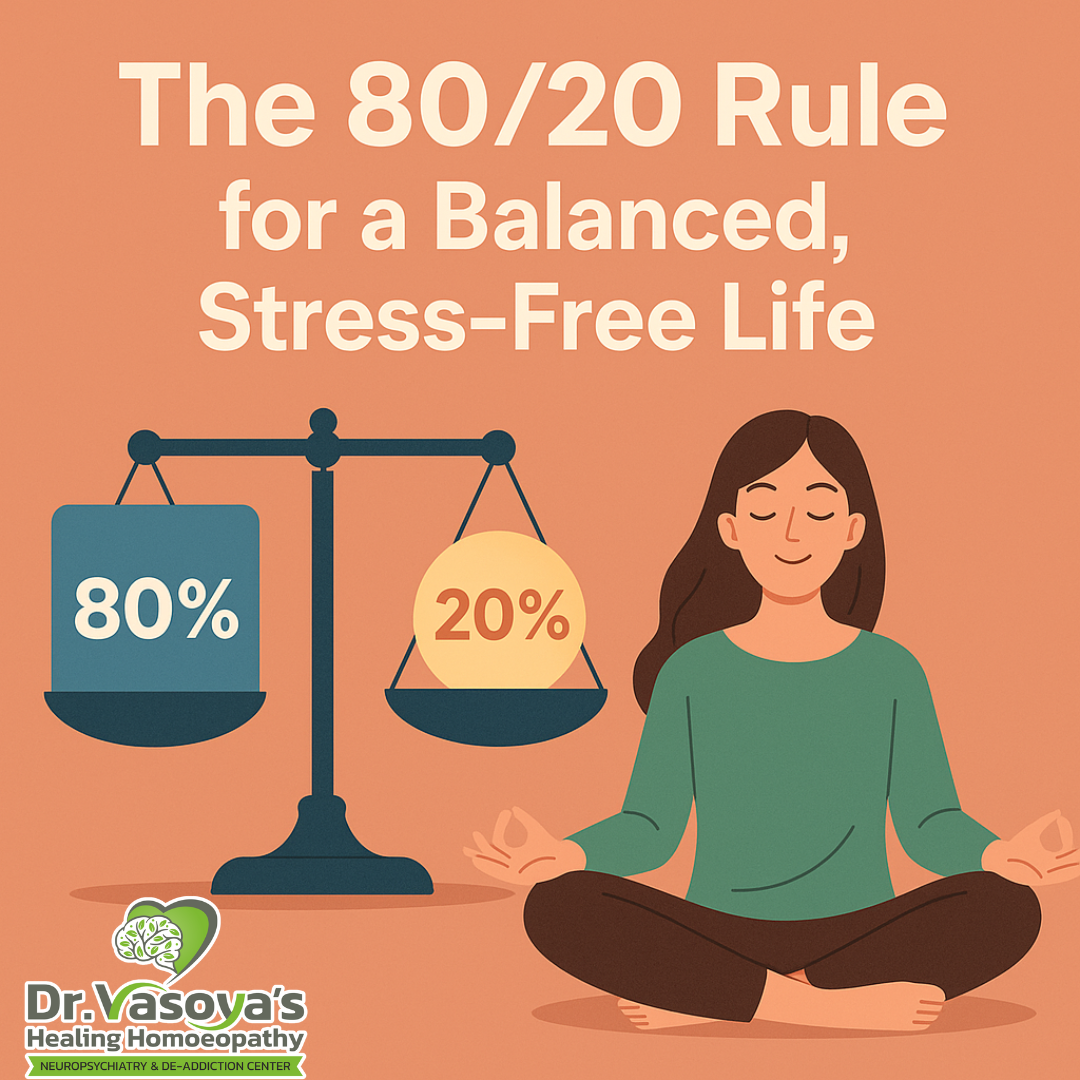
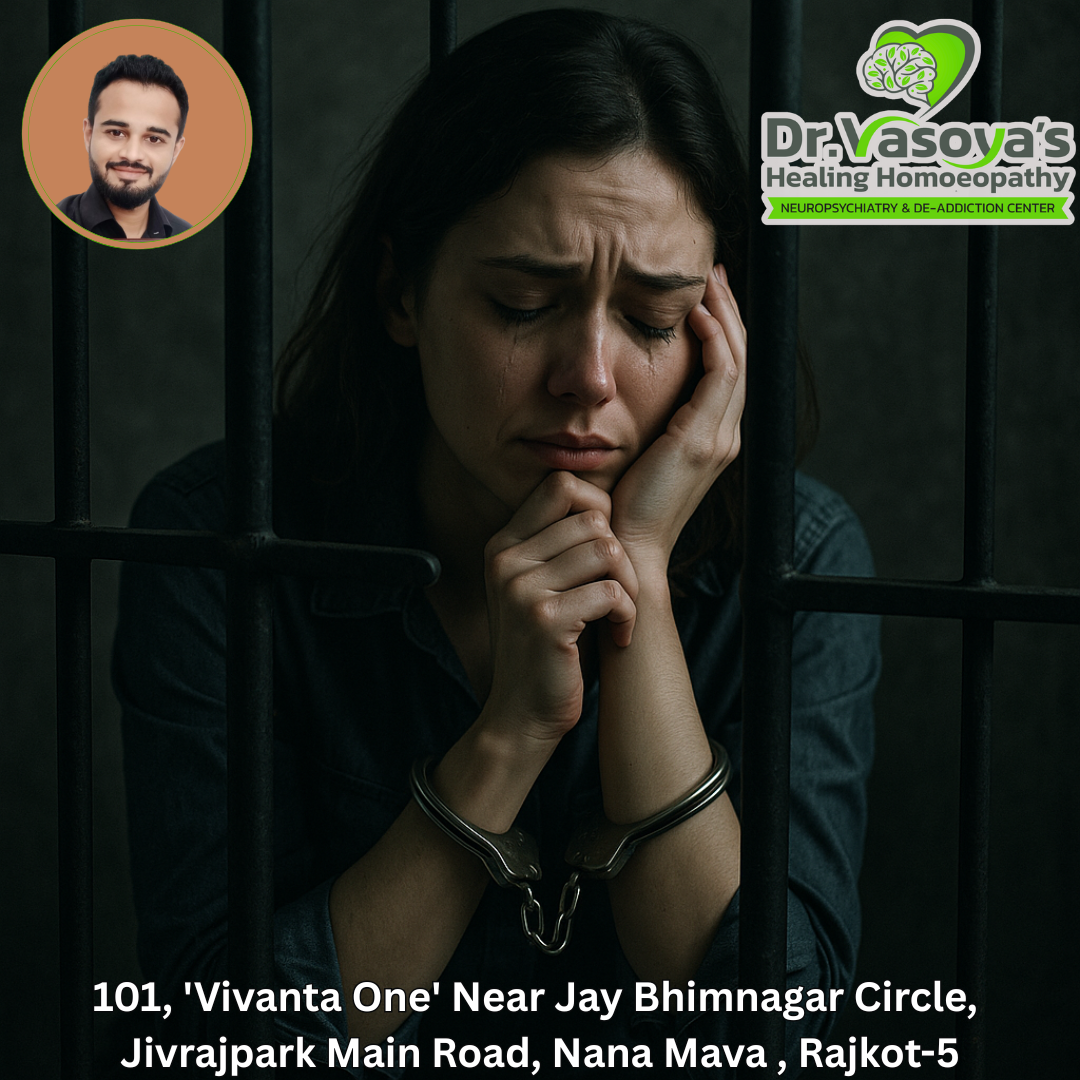
Write a comment ...